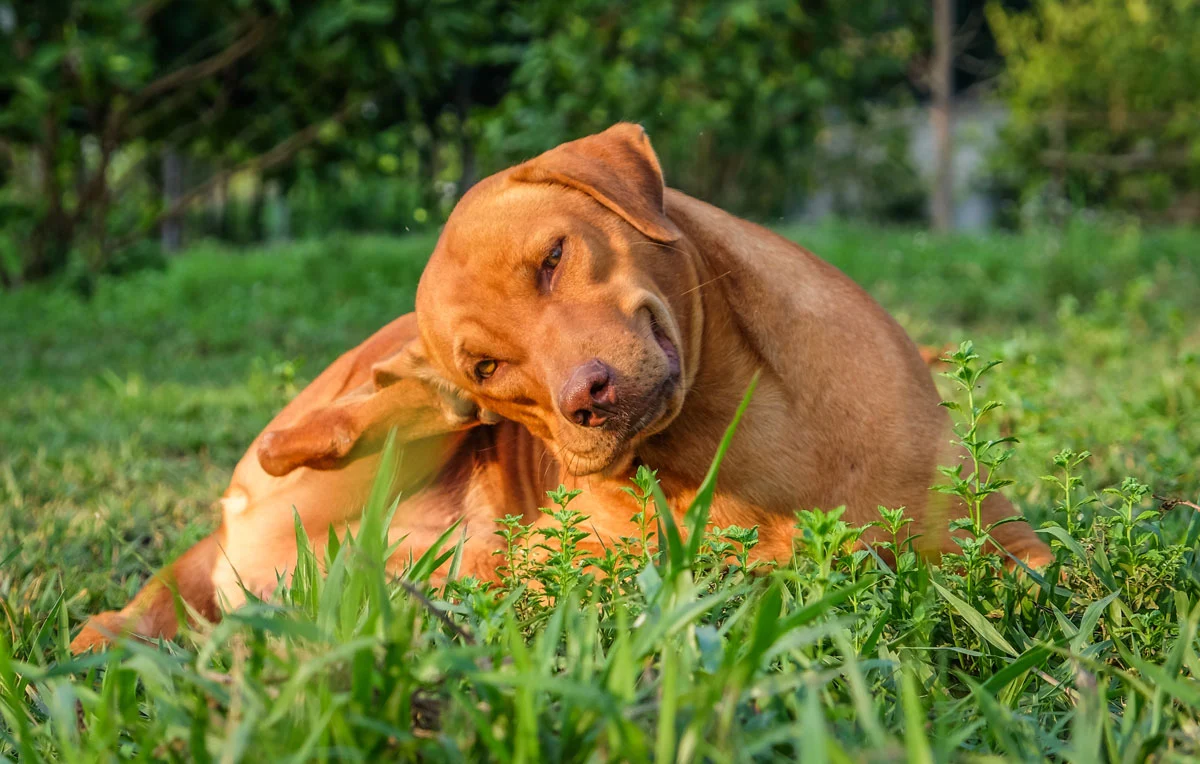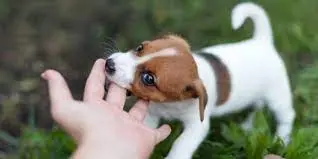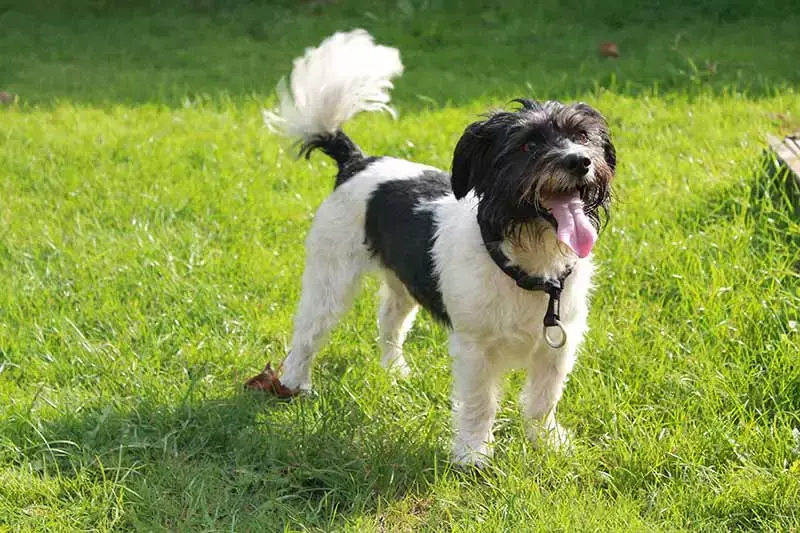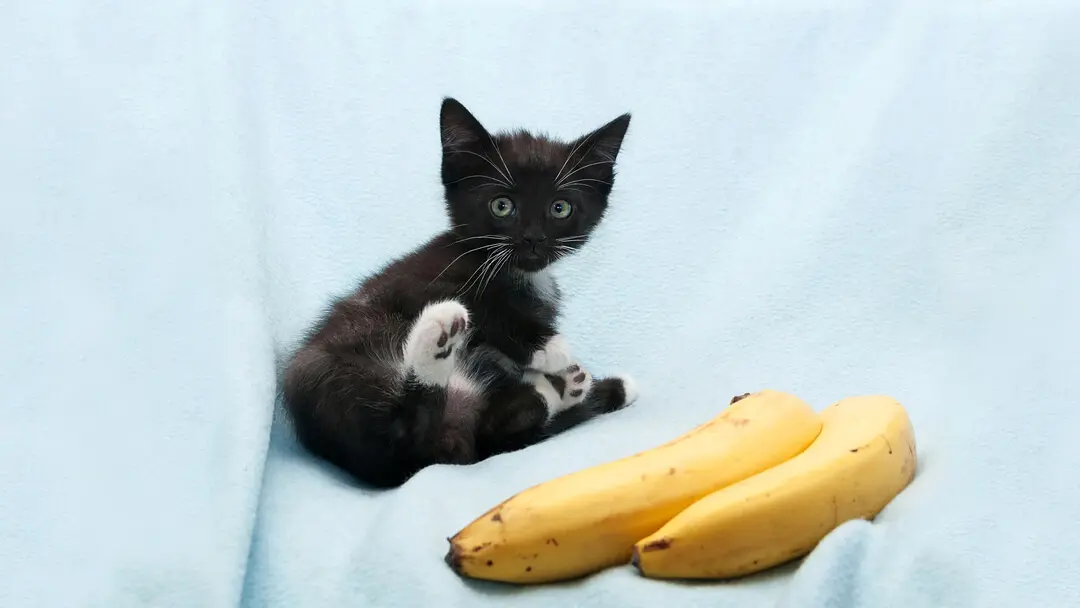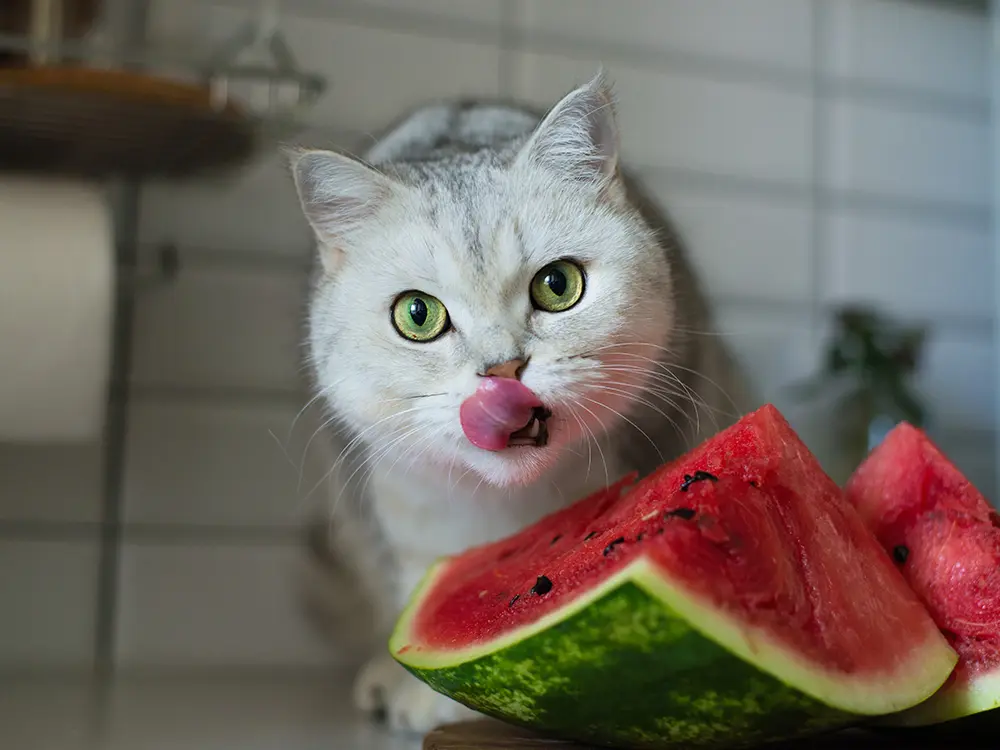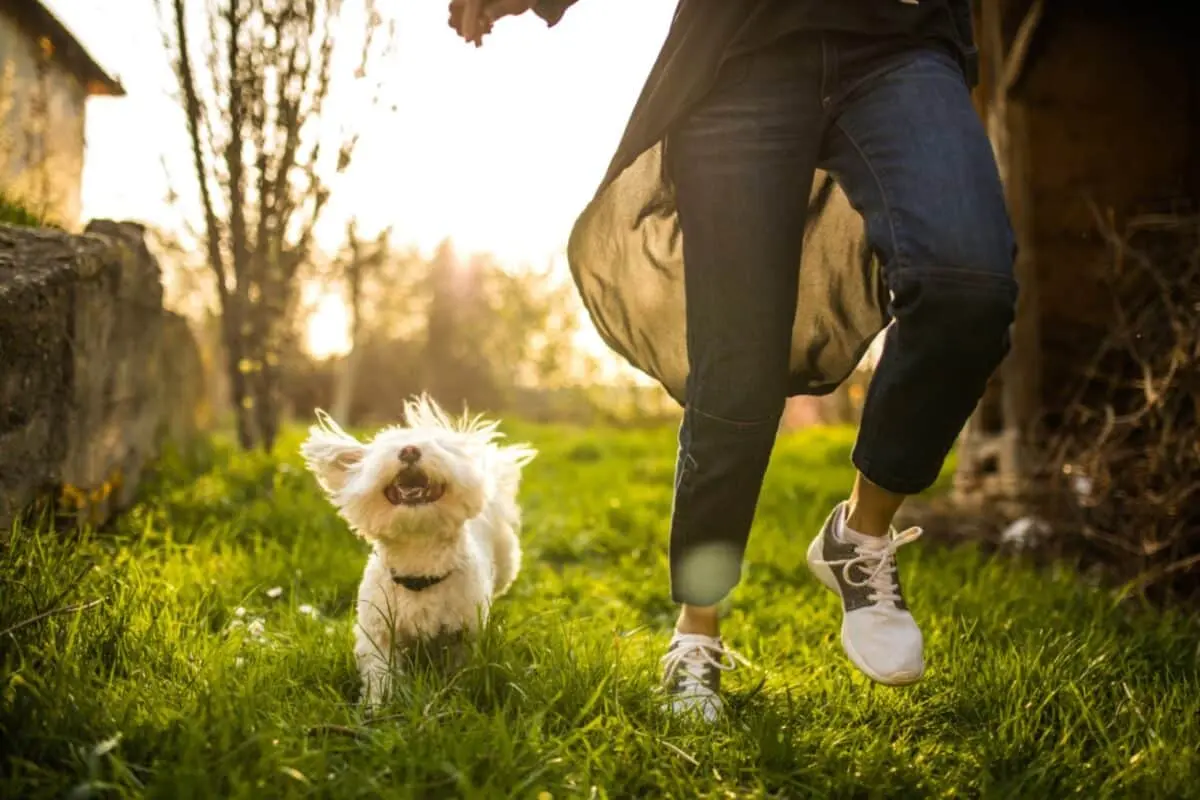
In the midst of the global pandemic, pet owners have found themselves grappling with a multitude of uncertainties related to the novel coronavirus. As concerns about the potential transmission of the virus to beloved cats and dogs increase, questions surrounding infection risks, the likelihood of transmission between humans and pets, and the best practices for caring for our furry family members have become more prevalent than ever.
To shed light on these pressing concerns, Dr. Shane Ryan, President of the World Small Animal Veterinary Association (WSAVA), offers valuable insights based on the current understanding of the situation.
Dr. Ryan emphasizes the limited evidence available, suggesting that while dogs and cats may play a role in transmitting the disease, there is no conclusive proof that they can be infected with SARS-CoV-2 or fall ill from the new coronavirus. Urging pet owners to remain calm, he stresses the importance of vigilant monitoring of the situation and reassures that, at present, there is no evidence indicating that companion animals serve as sources of infection for humans.
Considering that the virus originated from an animal source in Wuhan, China, and is primarily spreading from person to person, Dr. Ryan advises pet owners to exercise caution and adopt preventive measures. He recommends a temporary precautionary approach, where pet owners consistently adhere to basic personal hygiene measures, such as washing hands before and after interacting with their pets or other animals.
WSAVA, representing over 200,000 veterinarians globally through 110 member associations, stands committed to enhancing the clinical care of companion animals worldwide. The organization actively monitors the evolving situation to provide the most up-to-date guidance for pet owners.
For pet owners who have contracted the virus or suspect illness, Dr. Ryan suggests simple yet effective measures to protect their pets. Avoiding close contact, including petting, snuggling, and sharing food, is crucial. If possible, pet care should be delegated to another household member. In unavoidable circumstances where direct interaction with the pet is necessary, the owner should wash hands before and after and wear a facemask.
In cases where a pet develops an unexplained illness and has been exposed to a person infected with COVID-19, owners are encouraged to consult with public health officials working with the affected patient. This collaborative approach ensures a comprehensive understanding of potential risks and appropriate actions.




